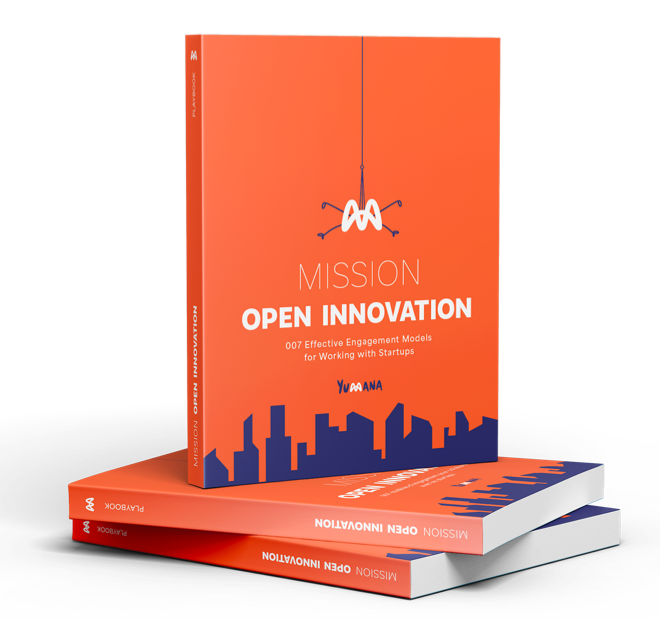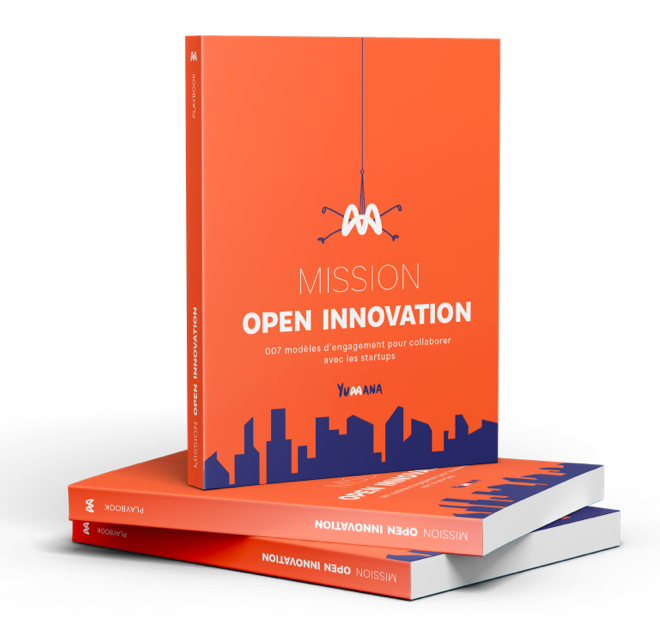Far from being just another trendy gimmick, sustainability challenges have become a real driver of transformation in companies. Gone are the days of well-intentioned but ineffective initiatives—here, responsible engagement takes the form of concrete challenges, actively involving employees in a collective and stimulating journey.
Blending friendly competition with eco-friendly habits, these challenges turn both daily actions and business practices into powerful levers for change.
So, how can you orchestrate it successfully ? Let’s break it down.

What Exactly is a Sustainability Challenge?
A sustainability challenge is an internal initiative designed to actively engage employees in addressing environmental, social, or ethical issues. It can take the form of a competition, a hackathon, or an ideation campaign where employees are encouraged to propose innovative solutions aligned with the company’s CSR strategy. These challenges can cover various topics such as reducing the company’s carbon footprint, promoting diversity and inclusion, advancing the circular economy, or improving workplace well-being.
This type of initiative fosters collective engagement, strengthens team cohesion, and leads to concrete actions. By giving employees a voice, companies enhance their CSR approach by leveraging collective intelligence to identify and implement innovative and impactful solutions.
Why start a Sustainability Challenge in your company?
A sustainability challenge is not just a way to raise awareness among employees—it’s also a strategic initiative with multiple benefits.
A powerful tool for engagement and motivation
Employee engagement is a key challenge for businesses today. According to a study by Cone Communications, 76% of employees say that a strong CSR commitment influences their motivation. By giving employees the opportunity to take concrete action for causes they care about, sustainability challenges strengthen their sense of belonging and encourage a positive team dynamic.
Additionally, a PwC survey reveals that 65% of young professionals prefer to work for a company that is actively engaged in social and environmental causes. Implementing such an initiative, therefore, becomes a valuable asset in attracting and retaining talent who prioritize meaningful work.
A driver of innovation for sustainable transition
Fostering creativity and ideation is essential for companies looking to integrate sustainability into their development strategy. By involving employees in a sustainability challenge, businesses can generate fresh and relevant ideas that align with their industry’s challenges. According to a study by the Capgemini Research Institute, 74% of companies that have adopted innovative CSR practices have seen an improvement in their competitiveness.
Encouraging a participatory approach allows companies to harness collective intelligence and identify groundbreaking solutions to address current environmental and social challenges.
A positive impact on brand image and reputation
Today’s consumers, investors, and stakeholders expect companies to act responsibly. A Nielsen study shows that 66% of global consumers are willing to pay more for products from socially and environmentally responsible businesses.
A sustainability challenge provides a company with a concrete way to showcase its commitments and enhance its credibility within its ecosystem. Additionally, it offers an opportunity to involve external stakeholders in collective reflection. When used effectively, such initiatives allow businesses to actively engage stakeholders and demonstrate their proactive approach to building a sustainable future.
How to organize a Sustainability Challenge using an innovation platform?
To ensure the success of a sustainability challenge, careful organization and the right tools are essential. An innovation management platform provides an optimal framework for engaging employees and structuring the process.
1. Define clear and inspiring objectives
A successful sustainability challenge is built on well-defined objectives and engaging themes. Companies should identify their key priorities and propose challenges aligned with their strategic goals, such as reducing carbon footprints, advancing circular economy and waste management, fostering diversity and inclusion, improving workplace well-being, promoting responsible innovation, etc.
2. Engage employees from the start
Employee buy-in is crucial for maximizing the challenge’s impact. It’s recommended to involve them early in the process by gathering their expectations and promoting a participatory approach. A digital platform ensures smooth communication and centralizes everyone’s contributions. Organizing a company-wide voting session can be an effective way to increase engagement and involve employees in decision-making.
3. Provide support and incentives
To boost participation, it’s essential to support employees throughout the challenge with :
- Team brainstorming sessions: to foster collective intelligence by encouraging employees to exchange ideas and co-create concrete solutions that address the company’s sustainability challenges.
- Workshops and webinars: to outline the challenge’s objectives, raise awareness, and equip teams with knowledge on best sustainability practices, industry trends, and inspiring initiatives to maximize the challenge’s impact.
- Attractive incentives: (prizes, certifications, implementation of the best ideas) to boost team motivation.
A fun way to strengthen team spirit is to gamify the sessions by incorporating game mechanics, making participation more engaging and sustaining interest throughout the initiative.
4. Measure and showcase results
At the end of the challenge, it’s crucial to track the proposed ideas and highlight employees’ contributions. A well-structured internal and external communication plan helps share results, showcase the impact of implemented actions, and reinforce the company’s commitment to sustainability.
To amplify the challenge’s impact, companies can leverage a platform to track the adoption and scaling of best sustainability practices. Additionally, assessing key performance indicators such as participation rates, the quality of proposals, and the impact of implemented solutions helps refine future editions and integrate the sustainability challenge into a continuous improvement approach.

CEO & Co-Founder Yumana



